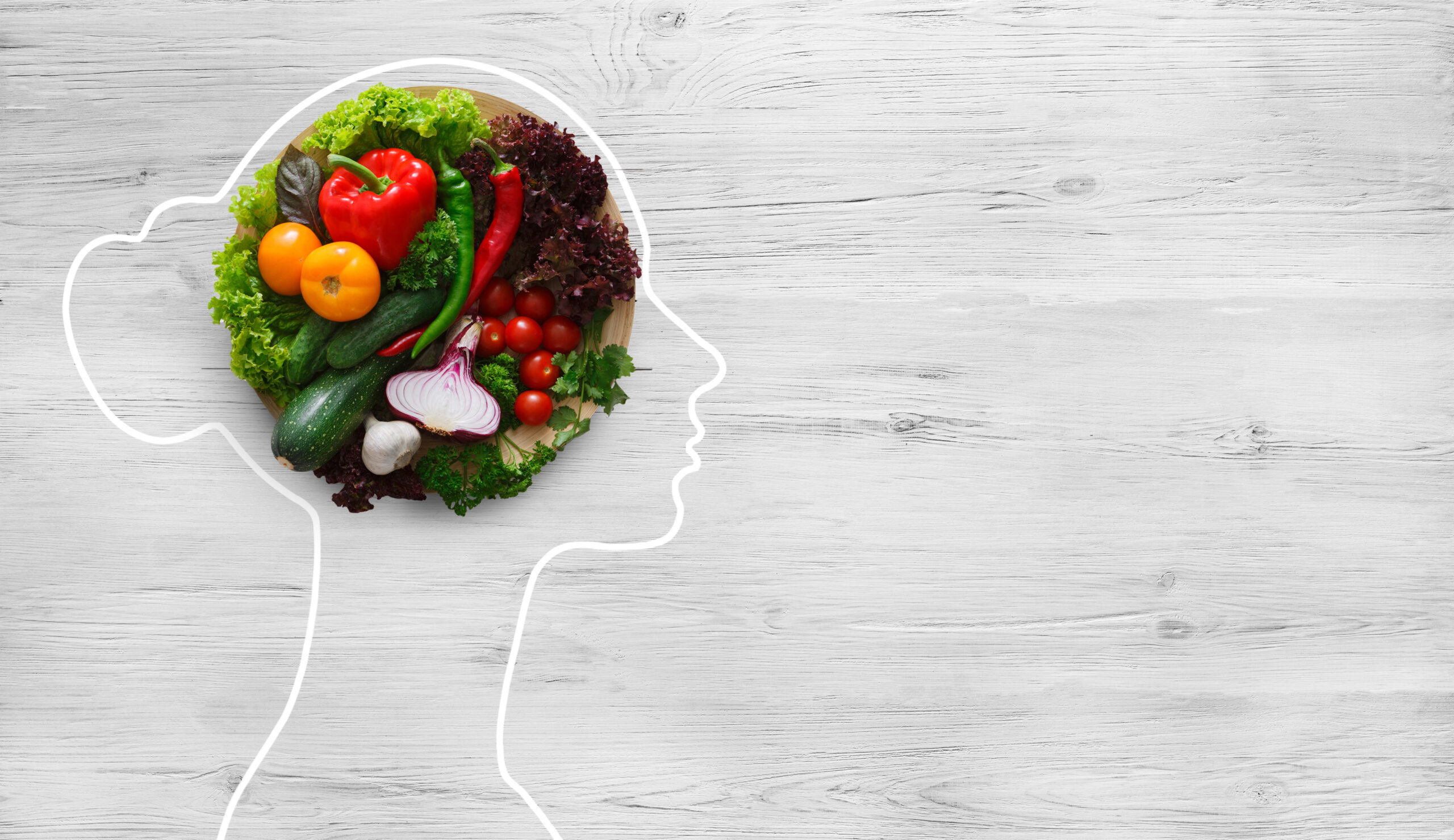As we’re spending more time at home, we’re finding ourselves looking into our kitchen cupboards more often than we usually do.
Many of us can’t recall everything we eat or the sensation of eating it!
Eating has become a mindless act for many of us, often eating too fast for our brain to realise we are full, consequently overeating.
To be clear, mindful eating isn’t a diet. Mindful eating is a technique that helps us gain control over our eating habits.
It has been shown to promote weight loss, reduce binge eating, and helps you feel better overall.
While mindful eating, our relationship with food transforms by focusing on the how and why of eating, encouraging a more holistic point of view.
Below are some suggested strategies to practice while mindful eating.
Begin with your grocery list
Think of the health value of every item you add to your list and stick to it, avoiding any impulse buying while you’re shopping.
Try avoiding processed foods and stick with healthy meats, wholefoods, and vegetables.
Take away distractions
Turn off the TV and put down your phone.
These distractions make us less aware of what and how much we’re eating and can also leave us feeling unsatisfied, causing us to overeat and distracting our brain from deciding if we are full or not.
Pay attention to the distractions around you while you’re eating and turn your full attention back to your meal.
Bring all your senses to the meal
When you’re cooking, serving, and eating your food, focus on the colour, texture, aroma and even the sounds different foods make as you prepare them.
As you chew your food, give yourself the challenge of identifying all the ingredients, especially the seasonings.
Eat off a smaller plate
You may crave less if you see less.
Smaller plates will help you with portion control and trick your brain into thinking you’re full while eating less.
Eat slowly
Take small bites and chew your food properly.
Many people rush while eating and don’t chew their food properly, which not only leads to overeating but can also cause digestive problems later.
Sip some water in between mouthfuls to help slow down your eating process.
Reflect before eating
Before you begin eating, take a moment to think about how you feel.
Are you feeling rushed? Stressed? Bored? Hungry? Sad?
After taken a moment to reflect, you can then choose if you want to eat, what you want to eat and how you want to eat.
When starting to practise mindless eating, it’s a good idea to start with one meal per day, slowly implementing these habits into more meals.





